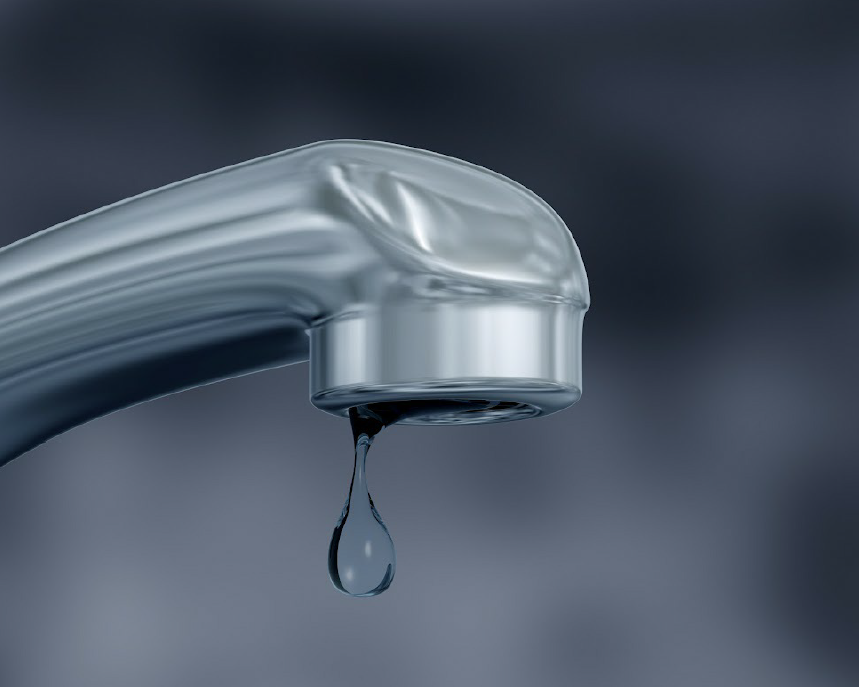How to Examine If Your Residence Has a Surprise Leakage
How to Examine If Your Residence Has a Surprise Leakage
Blog Article
What're your opinions concerning Locating water leaks?

Early discovery of dripping water lines can reduce a possible calamity. Some little water leakages may not be visible.
1. Analyze the Water Meter
Inspecting it is a guaranteed means that aids you find leaks. If it relocates, that shows a fast-moving leakage. This means you may have a sluggish leak that could even be underground.
2. Check Water Intake
Examine your water bills and also track your water usage. As the one paying it, you ought to notice if there are any kind of discrepancies. If you detect sudden changes, regardless of your intake coinciding, it indicates that you have leakages in your plumbing system. Bear in mind, your water bill ought to fall under the exact same variety on a monthly basis. A sudden spike in your expense suggests a fast-moving leak.
On the other hand, a stable rise each month, even with the exact same habits, reveals you have a slow leak that's likewise gradually rising. Call a plumber to thoroughly examine your residential or commercial property, particularly if you really feel a warm location on your flooring with piping underneath.
3. Do a Food Coloring Test
When it involves water consumption, 30% comes from bathrooms. Test to see if they are running appropriately. Decrease flecks of food color in the container and wait 10 mins. There's a leak in between the tank as well as dish if the color in some way infiltrates your dish throughout that time without flushing.
4. Asses Outside Lines
Do not fail to remember to examine your outdoor water lines as well. Examination faucets by connecting a garden tube. Needs to water seep out of the connection, you have a loosened rubber gasket. Change this as well as make sure all links are tight. If you have actually obtained a lawn sprinkler, it will help get it professionally took a look at and also preserved yearly. One small leak can squander tons of water as well as increase your water bill.
5. Examine and Analyze the Situation
Home owners must make it a practice to inspect under the sink counters and also inside cabinets for any kind of bad odor or mold development. These 2 red flags indicate a leakage so prompt focus is called for. Doing regular assessments, even bi-annually, can save you from a major issue.
Much more notably, if you understand your residence is currently old, maintain a watchful eye on your heating units, hose pipes, pipelines and so on. Check for stainings as well as deteriorating as a lot of pipes and appliances have a life span. They will also normally degrade because of tear and also put on. Don't wait for it to rise if you believe dripping water lines in your plumbing system. Call an expert plumber as soon as possible so you do not end up with an awful mess in your home.
Early detection of dripping water lines can reduce a possible catastrophe. Some tiny water leakages may not be noticeable. Inspecting it is a guaranteed way that aids you find leaks. One small leakage can squander loads of water and also spike your water costs.
If you suspect dripping water lines in your plumbing system, don't wait for it to escalate.
WARNING SIGNS OF WATER LEAKAGE BEHIND THE WALL
PERSISTENT MUSTY ODORS
As water slowly drips from a leaky pipe inside the wall, flooring and sheetrock stay damp and develop an odor similar to wet cardboard. It generates a musty smell that can help you find hidden leaks.
MOLD IN UNUSUAL AREAS
Mold usually grows in wet areas like kitchens, baths and laundry rooms. If you spot the stuff on walls or baseboards in other rooms of the house, it’s a good indicator of undetected water leaks.
STAINS THAT GROW
When mold thrives around a leaky pipe, it sometimes takes hold on the inside surface of the affected wall. A growing stain on otherwise clean sheetrock is often your sign of a hidden plumbing problem.
PEELING OR BUBBLING WALLPAPER / PAINT
This clue is easy to miss in rooms that don’t get much use. When you see wallpaper separating along seams or paint bubbling or flaking off the wall, blame sheetrock that stays wet because of an undetected leak.
BUCKLED CEILINGS AND STAINED FLOORS
If ceilings or floors in bathrooms, kitchens or laundry areas develop structural problems, don’t rule out constant damp inside the walls. Wet sheetrock can affect adjacent framing, flooring and ceilings.
https://www.servicemasterbyzaba.com/blog/how-to-detect-water-leakage-in-walls/

I ran across that article on Detecting hidden plumbing leaks when doing a lookup on the internet. Make sure you take a moment to promote this page if you liked it. We enjoy reading our article about Detecting hidden plumbing leaks.
Report this page